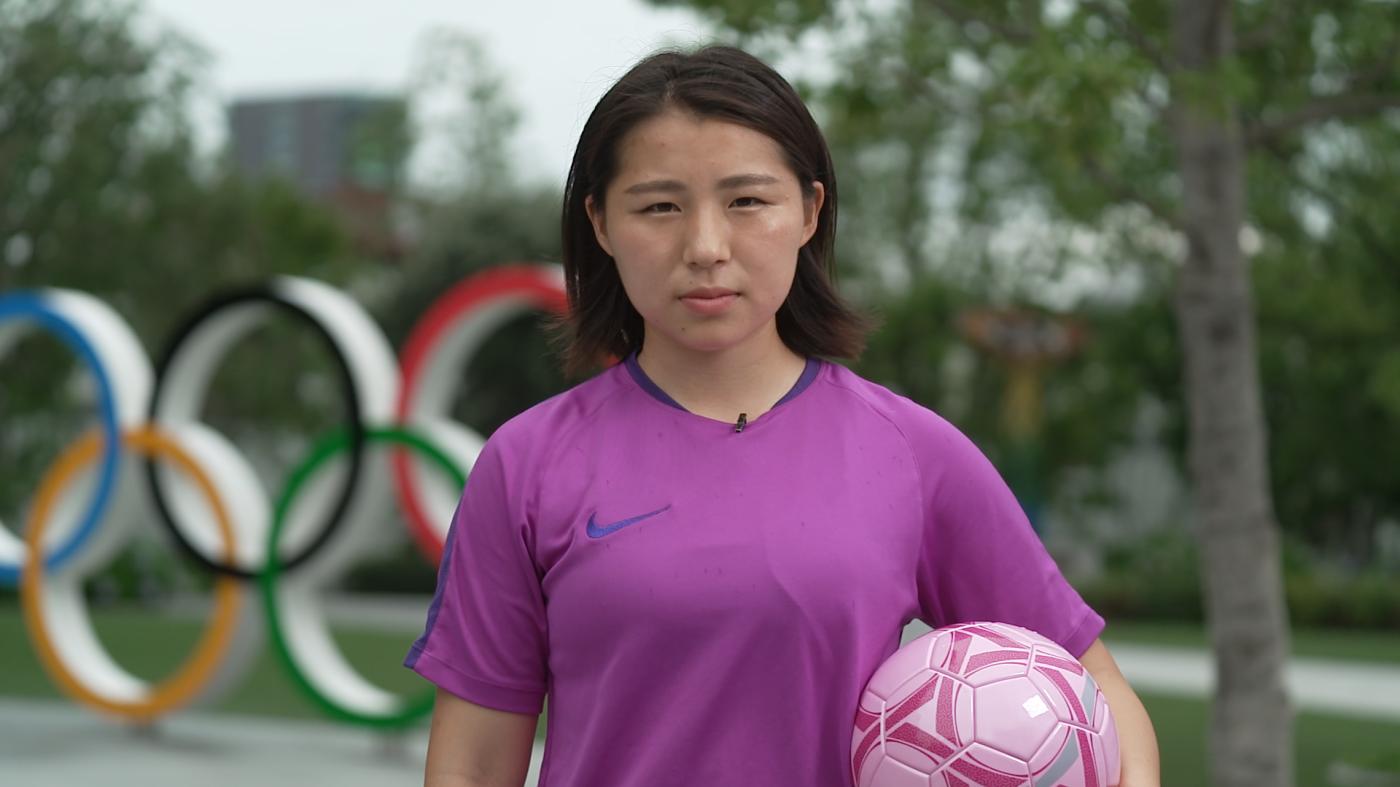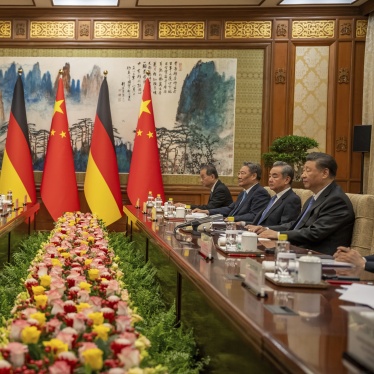Japan’s long-standing culture of beating and verbally abusing child athletes in the name of winning medals and championships is finally coming under pressure to change.
Human Rights Watch released a report on the issue in July. Not long after, International Olympic Committee (IOC) President Thomas Bach told the Japanese Olympic Committee (JOC) to stop the abuse and harassment of children in Japanese sports. Then, in a rare joint public statement, Bach and Japanese Olympic Committee President Yamashita Yasuhiro announced that they had discussed specific measures designed to stop the abuse of Japan’s child athletes.
Following this news, in September the IOC’s executive board discussed Human Rights Watch’s report. Afterwards, the IOC committed to establishing a new "Safeguarding Certificate" training, geared towards sports federations. It is our understanding that the IOC intends for Japanese federations and coaches to take this training to prevent further abuses.
Human Rights Watch’s goal is for the Japanese Olympic Committee to implement standards to prevent the harassment and abuse of child athletes before the start of the Tokyo Olympic and Paralympic Summer Games in July 2021.
Physical abuse, called taibatsu (corporal punishment) in Japan, has long been used as a "coaching technique" throughout Japanese sports. Child athletes there are all too often subjected to physical and emotional abuse by their coaches, and in the worst cases may even be sexually abused.
Human Rights Watch interviewed more than 50 current and former athletes for our report. According to one child athlete, "90 percent of my teammates experienced physical abuse... We were all kind of joking, 'You haven’t been beaten yet, when is it your turn?'"
Child athletes described being punched in the face, kicked, beaten with objects like bats or bamboo kendo sticks, being deprived of water, choked, whipped with whistles or racquets, and being sexually abused and harassed. Few abusive coaches have been punished, we found. Of the interviews HRW conducted, only one child athlete said their abusive coach was held to account for their actions. Additionally, some sports organizations didn’t have any meaningful way for athletes to report abuse.
Senior officials of Japanese sports organizations often defend themselves from our accusations by pointing to reforms implemented over the past decade to protecting child athletes from abuse. But clearly, these reforms have not done enough.
Because of the global pandemic, the 2020 Olympic and Paralympic Games in Tokyo have been postponed until the summer of 2021. This gives the Japanese government and sports organizations time to implement legal and regulatory changes to protect the next generation of athletes. In 2021, Human Rights Watch is launching our campaign #KickAbuseOutOfSport to highlight the human rights of child and adult athletes and how to protect them.
“For decades, child athletes in Japan have been brutally beaten and verbally abused in the name of winning trophies and medals,” said Minky Worden, director of global initiatives at Human Rights Watch and co-author of the report. “As Japan prepares to host the Olympics and Paralympics in July 2021, the global spotlight brings a once-in-a-generation opportunity to change laws and policies in Japan to protect millions of child athletes.”
This is an urgent goal not just in Japan, but worldwide.



